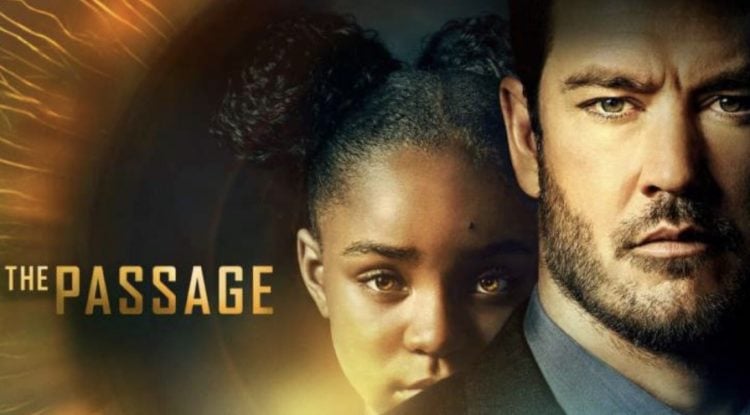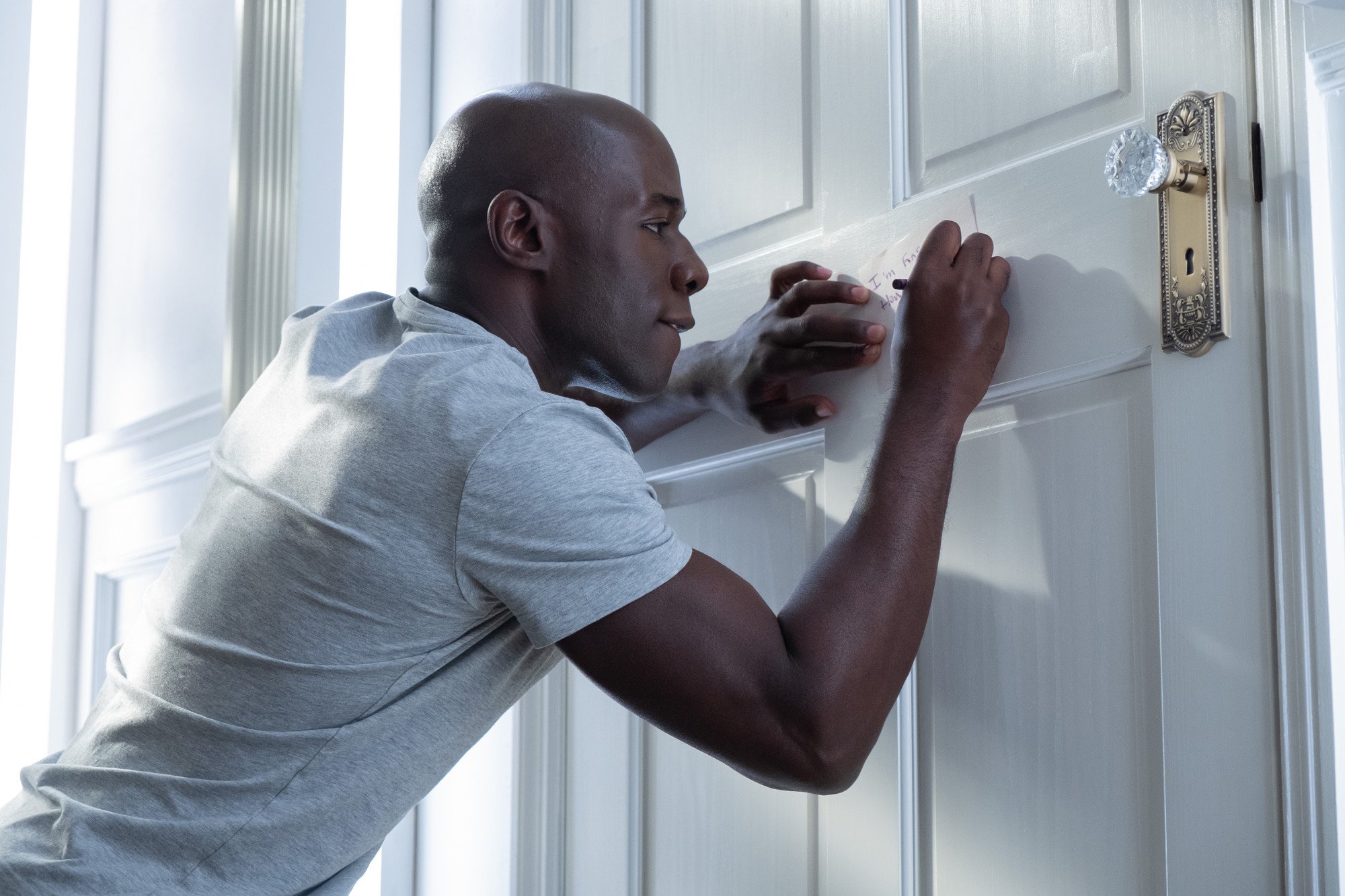
“I don’t know what it is, but it’s coming.”
What started off as a slow burn is starting to kick it up a notch as things move forward at Project Noah now that Wolgast and Amy have been captured, Fanning teaches Babcock the exceptional aspect of her powers, and Dr. Lear recognizes the horrible reality that Fanning’s influence goes far beyond what anyone is willing to admit.

For the first two weeks, The Passage has built its success upon the foundations of Amy and Wolgast father/daughter-like relationship. From a human aspect, it’s the most important part of the show as the narrative layers are gradually peeled away. Now that it has been established, while their relationship remains at the heart of the show, the story is progressing in a way that even if the Amy/Wolgast dynamic is broken, our attention has been captured. As the virals—yes, they finally have a name—are growing in their abilities and Dr. Lear suspects they, along with Fanning may be more of a threat than they are useful to the Project’s goal and the already uneasy feelings by those involved may lead to a schism between the team.
Lear’s investigation into his hypothesis (as well as Richards acknowledging that something’s not right) is a welcome change, considering how obstinate the group—including Sykes casually dismissing the possibility that something ‘s not quite right with the test subjects—defies credulity. On the other hand, Sykes has already crossed that line, so focused as she is to save millions, she’s forgone positing questions towards anything remotely unusual going down. It’s ironic that she, as project lead, is lovers with a man who’s experienced just how out of whack things are getting more intimately than anyone else.

It’s difficult to find anything to like about Clark Richards. He’s a hard ass who will break down any wall, cross any line to get the job done. Were it not for his casual disregard for people in that respect, such traits would be admirable. As it is, he is a man that as he sows, he shall also reap. It’s a sentiment that he himself alludes to during a conversation with Wolgast. “Nobody gets over anything,” he admits to his old comrade, “they say time helps, but it doesn’t, does it? It’s just another lie.” These are not words of a man in control but one who realizes he’s out of his element and doesn’t know how to get it back. Sure, he dismisses Wolgast soon after the latter mentions Fanning, but even in his one moment of perceived weakness—one that eventually compels him to spare Babcock—Richards will no doubt right the course, keep his own confidence, and move forward, refusing to bring anyone else in on his mental crisis.

To go even further, Richards’ connection with Babcock plays as if it will be an integral part towards Fanning and his viral apostles gaining their freedom. “That Never Should Have Happened to You” does more than just continue down the inevitable path of this world’s destruction, but much how last week told Lear and Fanning’s story with a bit more detail, this week offers an origin story of sorts for Shauna Babcock. Though she never comes off as the heartless killer relegated to death row for murdering her mother and step-dad, it’s difficult to feel sympathy for the pair after what they did to her (or, in her mother’s case, didn’t do for her).
That sad tale is a major part to why she gravitates toward Richards. He is respectful to her from the start, saving her for an assault by one of the guards at the facility. Whereas, when her stepfather did it, momma Babcock did nothing. It also points to the fact that her relationship with Fanning is a similar father/daughter dynamic already established with Amy and Wolgast. It’s small things like this, nuggets of information that even when it’s for that of the antagonist, gives us a perspective as an audience that, despite being on the opposite side of good, even a Big Bad has their own story…and sometimes it makes us realize that, they too, are only human.
Well, in the case of The Passage, once upon a time…
The Road Less Traveled
- By the way things ended, I thought Lacey was done for. It was good to see her on the mend and partnering up with Lila. Speaking of Wolgast’s ex, Lila is not just sitting around; she’s making moves, doing her best to out those at Project Noah for their highly illegal actions in the attempts to fashion a cure.
- Even after three episodes, the Fanning dreamscape—that place where he and the other virals talk to/project their thoughts to others—has been the least interesting aspect of the story. Had they wished to go for a bit more mystery surrounding the Twelve’s development, they could have forgone this narrative choice but I’m not exactly sure how that secrecy would have played to viewers.
- First it was Carter, and now it’s Babcock. Two seemingly normal people who fate designed to add chaos to their lives and they reacted. Poorly perhaps but it does beg the question of whether the other former death row inmates are victims of circumstance and poor decisions or vile human beings. And, as in Fanning’s case, how much of their future actions are driven by the virus mutating within them?
![]()
